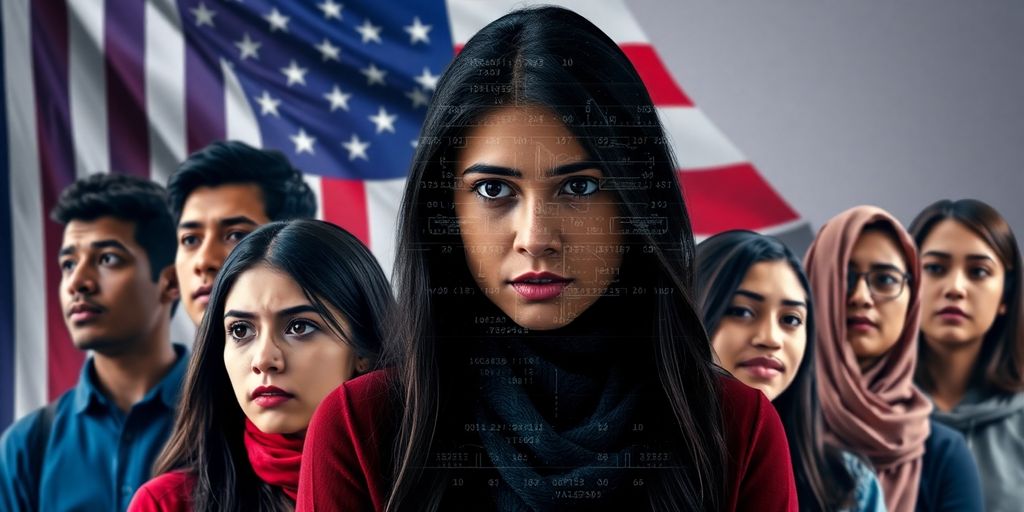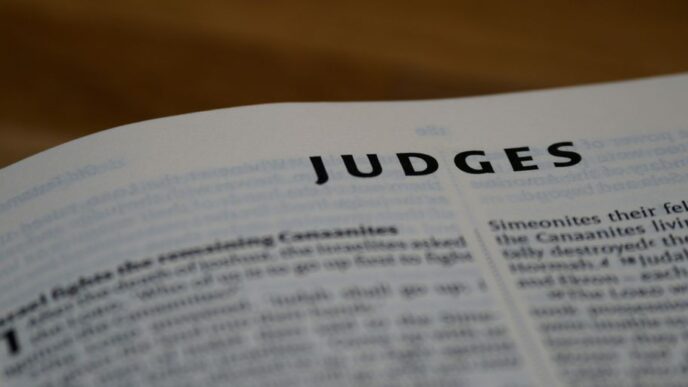The U.S. State Department is set to implement a controversial program named "Catch and Revoke," which will utilize artificial intelligence (AI) to identify and potentially revoke the visas of foreign students suspected of supporting Hamas. This initiative comes in the wake of heightened tensions following the October 7, 2023, attacks by Hamas, which resulted in significant casualties and escalated military actions in Gaza.
Key Takeaways
- The program will analyze social media accounts of tens of thousands of student visa holders.
- It aims to identify pro-Hamas sentiments and other expressions of support for terrorist organizations.
- The initiative has raised concerns regarding free speech and the accuracy of AI in interpreting political discourse.
Overview of the "Catch and Revoke" Initiative
The "Catch and Revoke" program will commence its operations by scanning social media platforms such as Facebook, Twitter, and Instagram. The AI system will focus on posts that may indicate support for Hamas or other terrorist organizations. This initiative is part of a broader strategy to enforce stricter immigration policies regarding foreign students.
Secretary of State Marco Rubio has publicly stated that the U.S. maintains a zero-tolerance policy for foreign visitors who express support for terrorism. He emphasized that any violations of U.S. law could lead to visa denial, revocation, and deportation.
Implementation Details
- Target Group: The program will scrutinize the social media activity of approximately 100,000 foreign students currently in the U.S.
- Data Sources: The AI will analyze various online platforms and internal databases to identify potential threats.
- Focus Areas: The reviews will particularly look for evidence of terrorist sympathies expressed after the October 7 attacks.
Legal and Ethical Concerns
The use of AI in this context has sparked significant debate among civil rights organizations and legal experts. Critics argue that AI systems may not accurately interpret complex political speech, potentially leading to unjust visa revocations based on misinterpretations of individuals’ online expressions.
Sarah McLaughlin, a scholar at the Foundation for Individual Rights and Expression, highlighted the limitations of AI in assessing nuanced discussions surrounding contentious issues like the Israeli-Palestinian conflict. This raises important questions about the balance between national security and the protection of free speech rights.
Broader Context
This initiative follows an executive order signed by President Trump aimed at combating antisemitism and addressing perceived threats from foreign nationals involved in pro-Palestinian protests. The order has been met with criticism for its broad definitions and potential overreach.
The recent escalation of violence in Gaza, which has resulted in significant loss of life and displacement, has intensified scrutiny on the U.S. government’s approach to foreign students and their political expressions. As the situation evolves, the implications of the "Catch and Revoke" program for international students and the broader discourse on free expression remain to be seen.
Conclusion
The U.S. government’s decision to employ AI in monitoring and potentially revoking visas of foreign students linked to Hamas marks a significant shift in immigration enforcement strategies. As this program unfolds, it will likely continue to provoke discussions about civil liberties, the role of technology in governance, and the complexities of international relations in a polarized political climate.
Sources
- State Department Will Use AI to Search for ‘Pro-Hamas’ Students to Deport, Gizmodo.
- US, Rubio could use AI to revoke visas of Hamas supporters on campuses, The Jerusalem Post.
- Facebook, Twitter, Instagram and other posts: How US plans to use AI to revoke visas and deport these students, Times of India.














